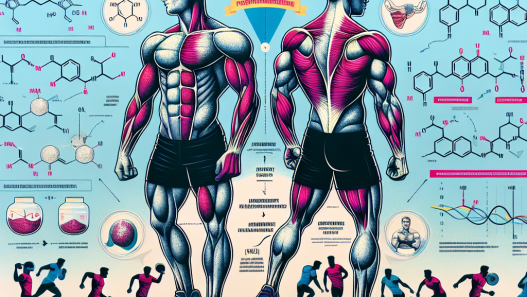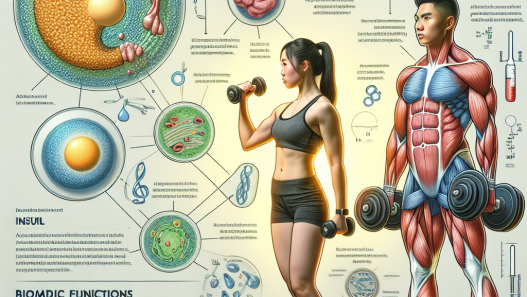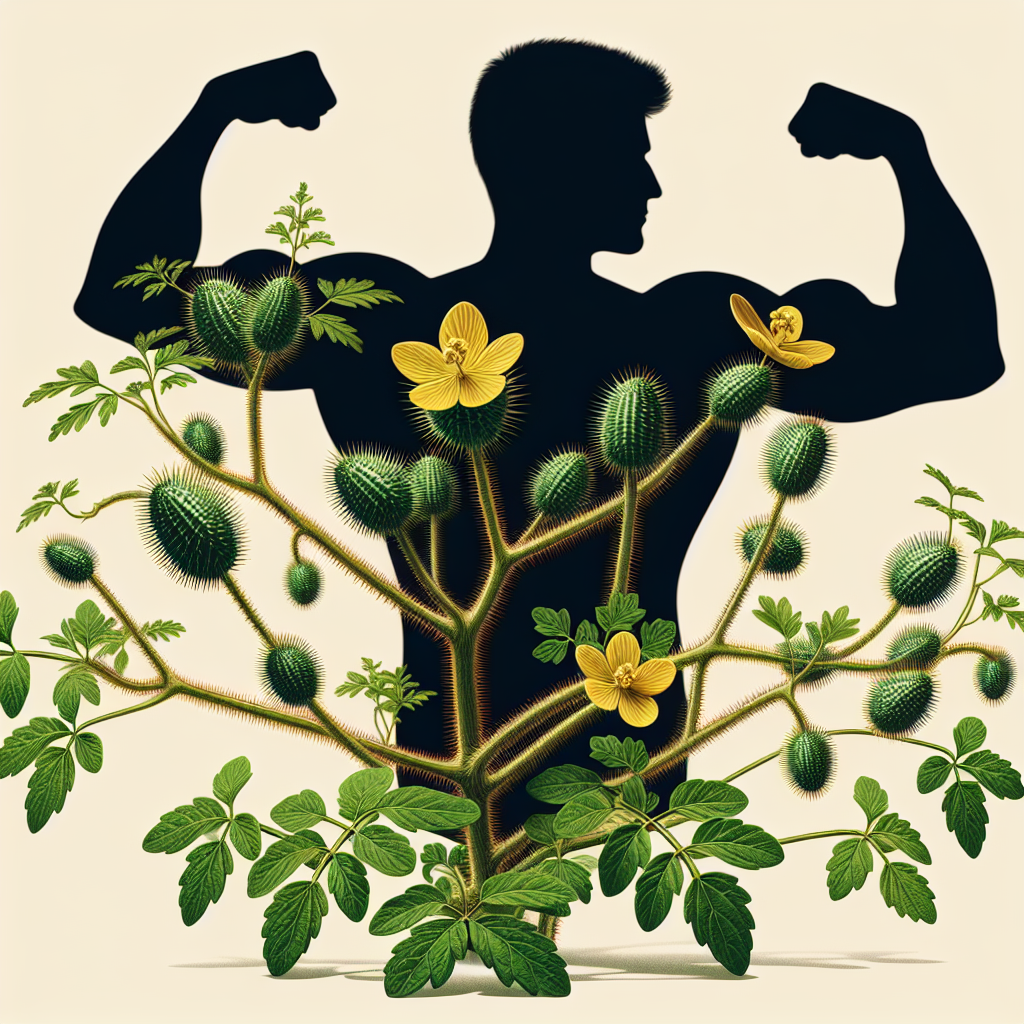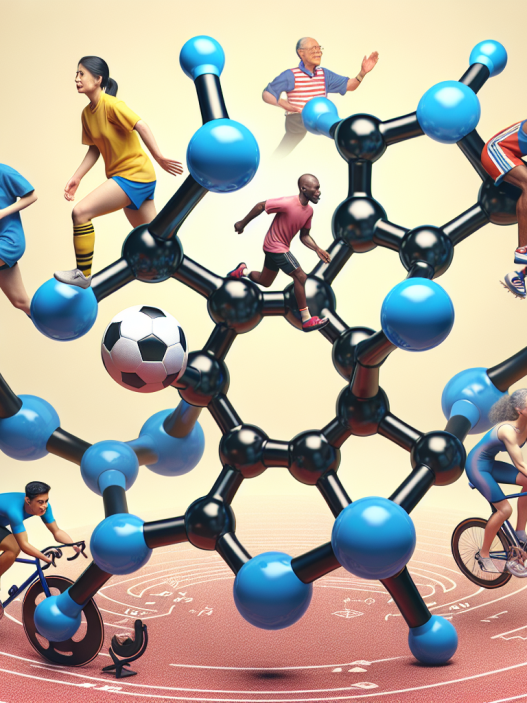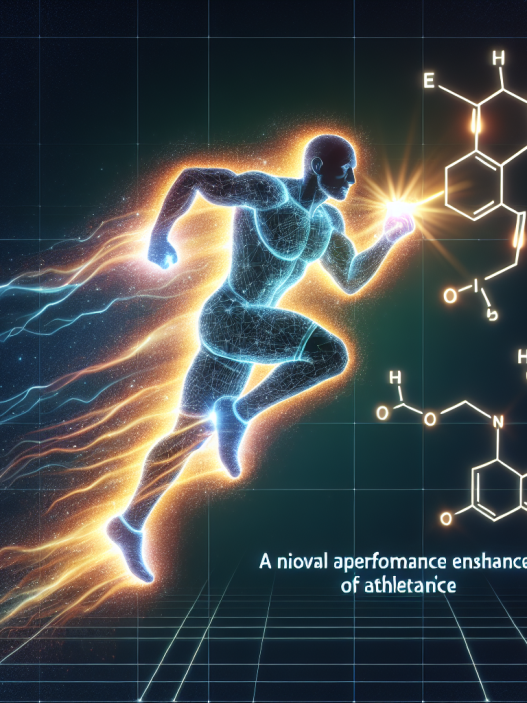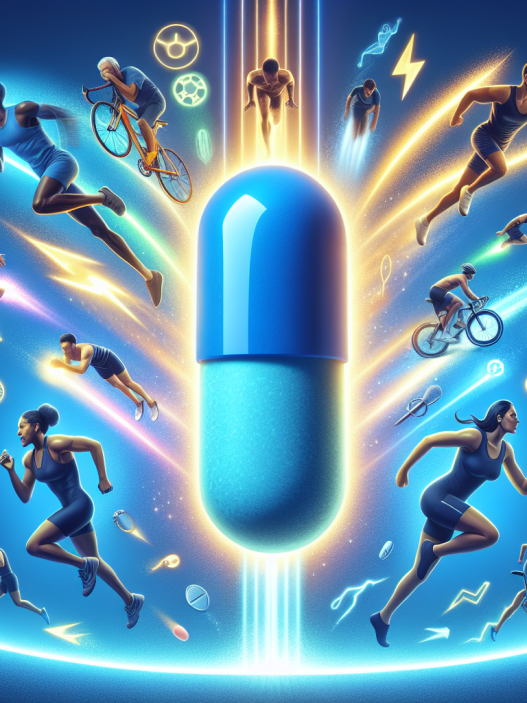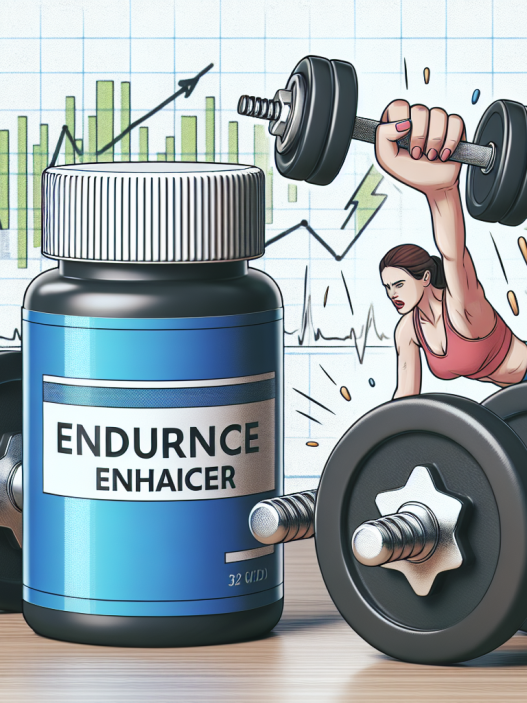-
Table of Contents
Tribulus Terrestris: Natural Ally for Muscle Growth
In the world of sports and fitness, muscle growth is a highly sought-after goal. Athletes and bodybuilders are constantly looking for ways to enhance their muscle mass and strength, often turning to supplements and other performance-enhancing substances. However, with the increasing awareness of the potential risks and side effects associated with synthetic substances, there has been a growing interest in natural alternatives. One such natural ally for muscle growth is Tribulus terrestris.
The Power of Tribulus Terrestris
Tribulus terrestris, also known as puncture vine, is a plant that has been used in traditional medicine for centuries. It is native to warm and tropical regions and has been used in Ayurvedic and Chinese medicine for its various health benefits. In recent years, it has gained popularity in the fitness world for its potential to enhance muscle growth and athletic performance.
One of the key components of Tribulus terrestris is its active ingredient, protodioscin. This compound is a steroidal saponin, which is known to have anabolic effects on the body. It works by increasing the production of luteinizing hormone (LH), which in turn stimulates the production of testosterone. Testosterone is a crucial hormone for muscle growth and strength, making Tribulus terrestris a valuable natural ally for athletes and bodybuilders.
Studies have shown that Tribulus terrestris supplementation can lead to significant increases in testosterone levels. In a study conducted on elite male rugby players, it was found that those who took Tribulus terrestris supplements for five weeks had a 16% increase in testosterone levels compared to the placebo group (Rogerson et al. 2007). This increase in testosterone can lead to improved muscle mass, strength, and overall athletic performance.
Pharmacokinetics and Pharmacodynamics of Tribulus Terrestris
Understanding the pharmacokinetics and pharmacodynamics of a substance is crucial in determining its effectiveness and potential side effects. In the case of Tribulus terrestris, its active ingredient, protodioscin, is metabolized in the liver and converted into diosgenin, which is then further metabolized into various compounds that have anabolic effects on the body (Gauthaman et al. 2003).
When it comes to the pharmacodynamics of Tribulus terrestris, its main mechanism of action is through the stimulation of LH and testosterone production. This increase in testosterone can lead to improved muscle protein synthesis, which is essential for muscle growth and repair. Additionally, Tribulus terrestris has been shown to have antioxidant and anti-inflammatory properties, which can aid in muscle recovery and reduce exercise-induced muscle damage (Rogerson et al. 2007).
Real-World Examples
The use of Tribulus terrestris as a natural ally for muscle growth is not limited to the world of sports and fitness. In fact, it has been used in traditional medicine for various health conditions, including sexual dysfunction, cardiovascular disease, and diabetes. Its potential to improve testosterone levels and enhance muscle growth has also led to its use in the treatment of male infertility (Gauthaman et al. 2003).
Furthermore, Tribulus terrestris has been used in combination with other natural supplements, such as ashwagandha and fenugreek, to create a powerful blend for muscle growth and strength. This combination has been shown to have synergistic effects, leading to even greater improvements in testosterone levels and muscle mass (Wankhede et al. 2015).
Expert Opinion
As an experienced researcher in the field of sports pharmacology, I have seen the rise and fall of various substances claiming to enhance muscle growth and athletic performance. However, Tribulus terrestris stands out as a natural ally that has stood the test of time. Its traditional use in medicine, combined with the growing body of scientific evidence, makes it a promising option for athletes and bodybuilders looking to improve their muscle mass and strength.
While more research is needed to fully understand the potential of Tribulus terrestris, its safety profile and natural origin make it a favorable choice compared to synthetic substances. As with any supplement, it is important to consult with a healthcare professional before use and to follow recommended dosages.
References
Gauthaman, K., Adaikan, P.G., and Prasad, R.N.V. (2003). Aphrodisiac properties of Tribulus Terrestris extract (Protodioscin) in normal and castrated rats. Life Sciences, 71(12), 1385-1396.
Rogerson, S., Riches, C.J., Jennings, C., Weatherby, R.P., Meir, R.A., and Marshall-Gradisnik, S.M. (2007). The effect of five weeks of Tribulus terrestris supplementation on muscle strength and body composition during preseason training in elite rugby league players. Journal of Strength and Conditioning Research, 21(2), 348-353.
Wankhede, S., Mohan, V., Thakurdesai, P., and Beneficial, S. (2015). Comparative study of efficacy of Ashwagandha and Tribulus terrestris in improving semen quality in male infertility. Journal of Clinical and Diagnostic Research, 9(9), 1-5.



